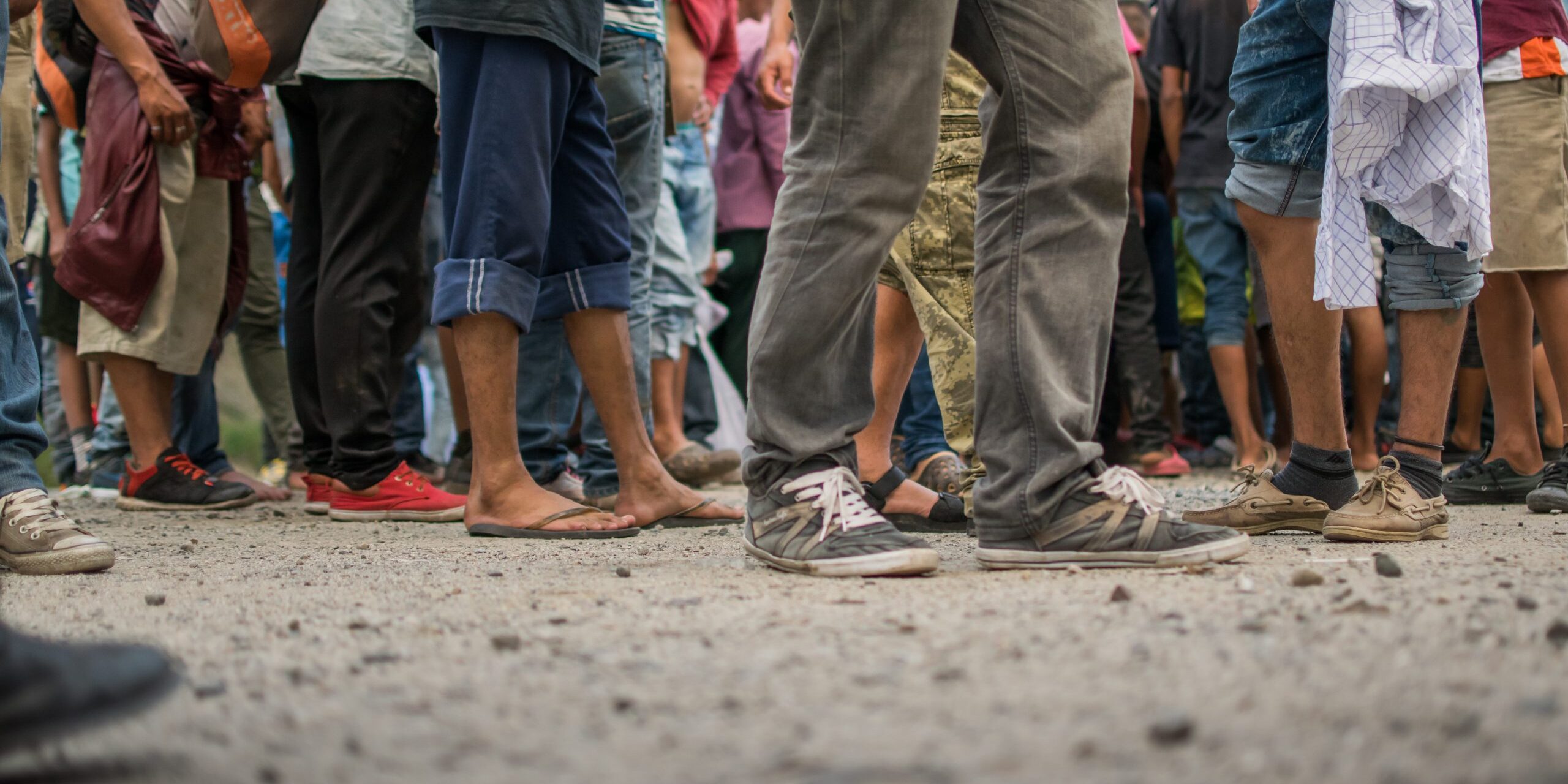This month, the CAFO Center on Applied Research for Vulnerable Children and Families is launching an expansive new research project on the unique experiences and special strengths of individuals who lived apart from parental care as children in any nation around the world — whether in residential care, foster care or otherwise.
A huge array of previous studies have explored the detrimental impact of adversity on children, including those who experienced separation from parental care. This study will focus instead on the distinctive strengths exhibited by these individuals and what others can learn from them.
We’d value your help greatly — whether as a participant in the study if you fit the criteria, or sharing this opportunity with others who might. (See criteria below).
The results of the study will be published and promoted in a variety of forms, both academic and popular. Most of all, we hope that what is learned and shared will help the field of care for vulnerable children and families to:
- Listen more fully to those who’ve experienced life outside of families.
- Better see and understand the resilience and strengths of these individuals.
- Provide meaningful insight to nonprofit leaders, government officials, advocates and others in the field regarding services, programs and other elements that can make a significant difference for children who are separated from parental care.
The CAFO Center on Applied Research for Vulnerable Children and Families will be joined in the study by a variety of partners, including Samford University.
If you or someone you know fits these criteria, learn more about the study or take the survey today.
Who can participate? Adults (18+) who lived apart from the care of their biological parents for at least three months. This may have included:
- Foster care
- Adoption (domestic or international)
- Kinship care (living with extended family or friends)
- Residential care (like a children’s home or orphanage)
- Family reintegration
- Street living
- Supported independent living
- Refugee camps
Even if an individual eventually was reunified with biological family, they still qualify.
Thank you for helping us learn how to do better for children in care… together!

